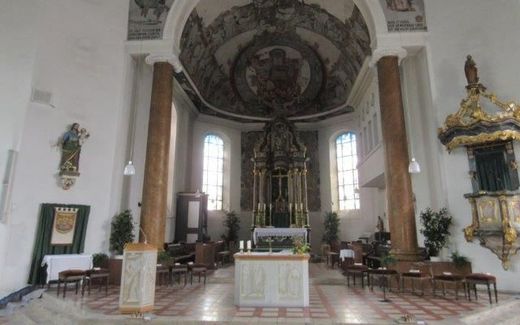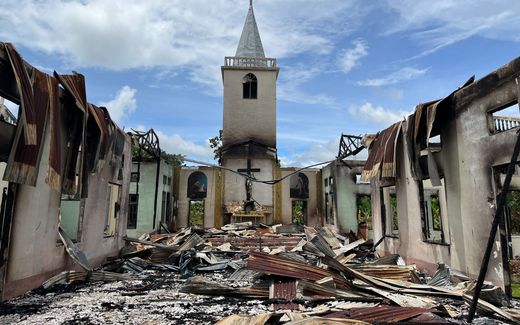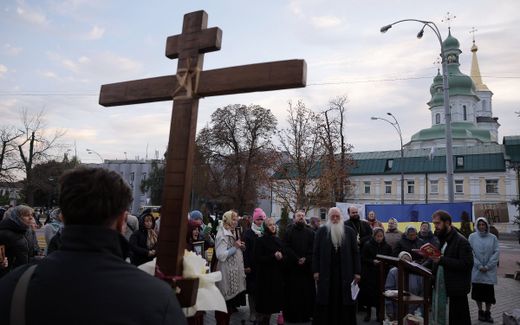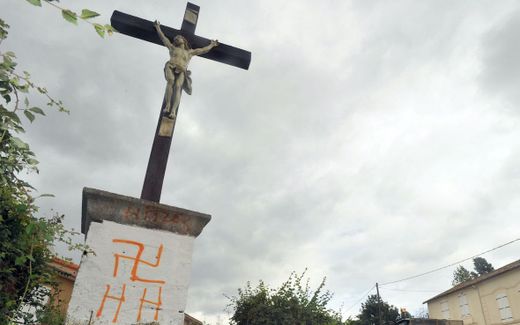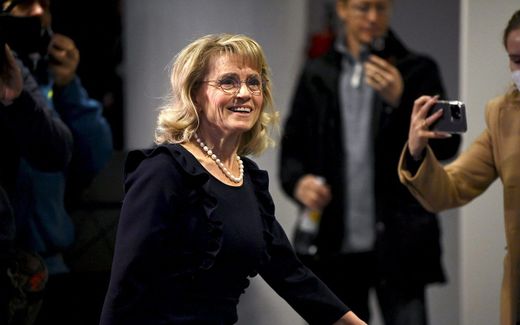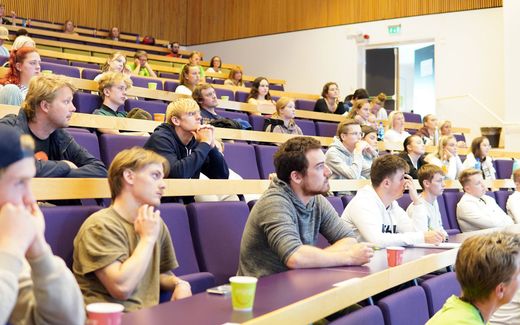Report: European Christians under increasing pressure
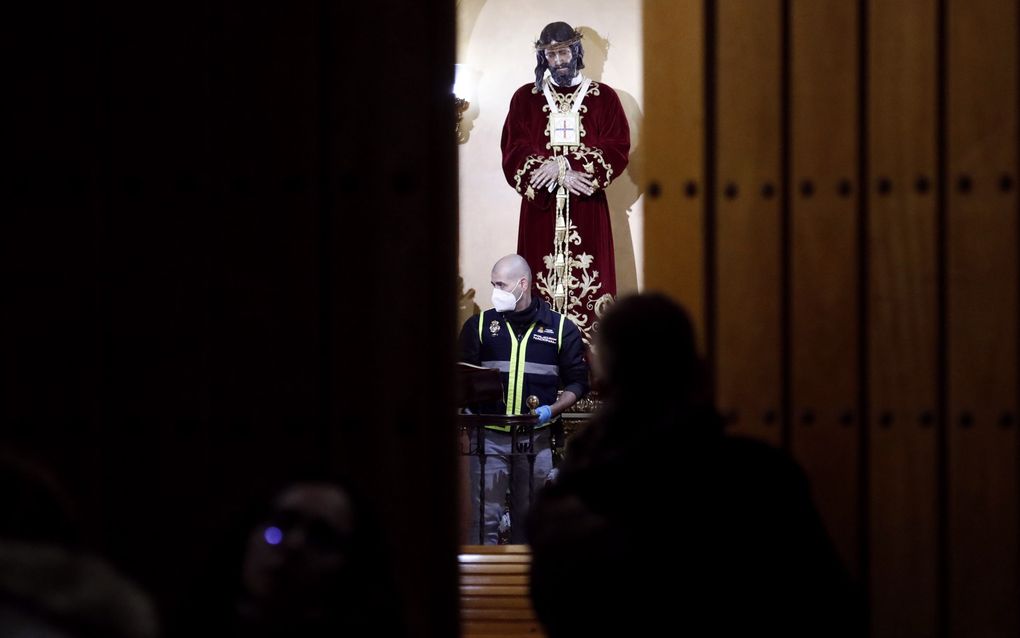
A member of the Spanish National Police stands inside San Isidro church in Algeciras. A man was arrested after stabbing a church assistant to death and injuring four more people at the church, among which was a priest. Photo EPA, A. Carrasco Ragel
European Union
Hate crimes against Christians have increased, according to a newly released report. Christians are under pressure not only on the streets but also in parliament and the courts.
“Death to Christians” and “Allah is great,” shouted the 25-year-old Moroccan who lashed out with a knife in Algeciras, Spain, in January last year. The man killed the sexton of a church and wounded four others.
It is one of the examples cited by the Observatory on Intolerance and Discrimination Against Christians (OIDAC) in its annual report. According to the Vienna-based institute, the number of hate crimes against Christians rose by about 50 per cent in a year, from over 500 to 749. And it is just the tip of the iceberg, the observatory fears. “There is a reasonable probability for higher dark numbers, due to limited reporting on anti-Christian hate crimes, the “chilling effect” among victims, and the lack of media coverage.”
Fortunately, most attacks did not physically harm Christians. According to the observatory, the most common hate crime is vandalism, followed by arson attacks. In the latter, OIDAC sees a trend. Although the number of arsons has been rising for years, “the severity of the attacks and the inflicted damage to churches seems to become more severe over the years. This could be a sign that incitement to violence, such as a very common slogan among certain political groups “The only Church that illuminates is the one that burns,” can lead to criminal action.”
A lot of such acts of violence have unknown motives. In February this year, a 39-year-old man set fire to a church altar in Germany, the country dominating the rankings of hate crimes. The man struggles with an alcohol addiction and cannot remember why he did what he did. He has since then been sentenced to a jail sentence. The church has some two million euros in material damage.
Besides an increase in arsons, the Austrians also observed better organisation in attacks. In previous years, most attacks had “an unclear motive or were perpetrated by private persons.” However,” in 2022, there were many more clear signs revealing an extremist motive.” According to the observatory, these include attacks with a “satanic, anarchist or Islamist background”.
Prosecution
However, Christians are not only increasingly being harassed on the streets. OIDAC also sees restrictions on Christians growing in parliaments and courtrooms. For instance, it warns against “hate speech” bills. These laws are supposed to protect minorities from “hateful material”, but in practice, they quite often result in prosecutions. In Spain, for example, two bishops were prosecuted for the church’s teachings on marriage and sexuality.
Furthermore, the observatory fears “conversion therapy bans.” According to the institute, these provisions, which are debated in Norway, among other countries, “lack any clear definition which can lead to the term being used to criminalise conversations and prayer.”
Violation
OIDAC has a special focus on Ukraine. “Since the full-scale invasion by Russia in 2022, there has been a growing number of religious freedom violations within the country”, the report states. “This situation is particularly concerning as Ukraine has generally ranked among the countries with the best religious freedom record in the Eastern European and post-Soviet regions.”
According to OIDAC, both warring parties restrict Christians’ freedoms. The Russians have illegally detained several religious leaders, but at the same time, the Ukrainian government has made the Ukrainian Orthodox Church of the Moscow Patriarchate subject to “raids, assaults and arbitrary detentions”.
Marriage
In its conclusion, OIDAC states that mainstream religious views are being “increasingly targeted as ‘hate speech.’ This particularly concerns views that dissent from liberal opinions on moral issues related to the protection of life, sexual relationships, marriage, or family.”
Related Articles


